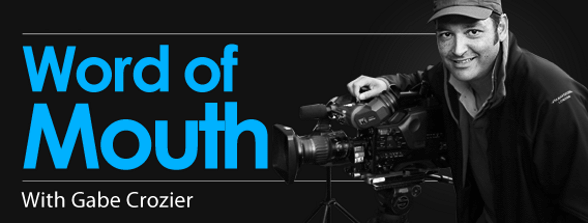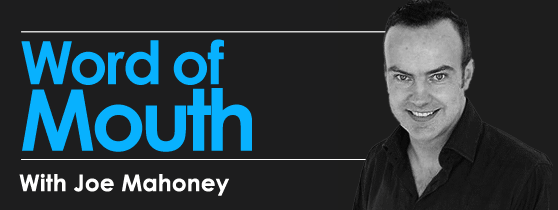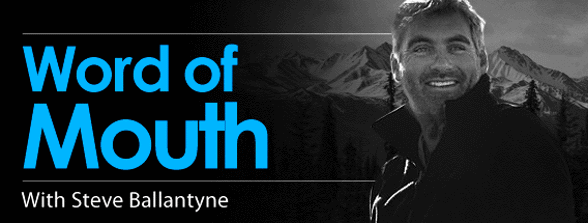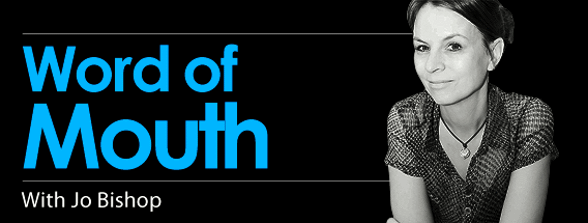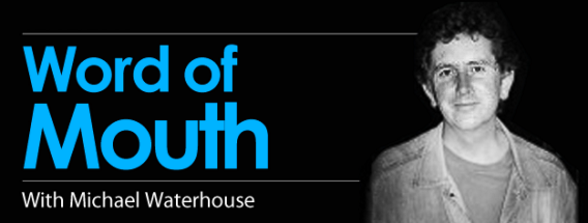
TV & Me with Series Producer Michael Waterhouse, whose credits include The British, Secret Homes and Art of the Sea. Michael has just finished The Bible, a hugely ambitious ten-part dramatisation for The History Channel.
What was it made you want to pursue a career in television?
The career I’ve had is a long way from Rawhide, but if there was a seed, I think it was watching westerns as a kid, and being enthralled by the landscapes and the gunfights. Landscapes have featured quite heavily in my subsequent documentary career. Gunfights not so much.
How did your television career start, what was your first big break?
I had an odd entry into television. After university, I joined the Community Service Volunteers, which seconded me as a general assistant (a ‘Runner’ now) to HELP!, a local social action programme produced by Thames Television. That was the foot in the door. From there, I had two distinct breaks. In those days, it was extremely difficult to get a researcher’s job in ITV without an ACTT ticket and the Catch-22 was that you needed to work on a production to join the union. Occasionally, there were vacancies for non-union applicants. I went for any that came up, and after about six months, I was lucky enough to be given a researcher’s job on This Is Your Life. My interest was in documentary-making, but TIYL, to some people’s surprise, gave you a very good grounding in factual research. A year later, I applied to be a reporter on an ITV afternoon arts magazine called Afternoon Plus. I didn’t get the job, but the head of that department invited me to apply for the post of Producer of Religion & Arts – and that was the ‘big break’.
Read More


